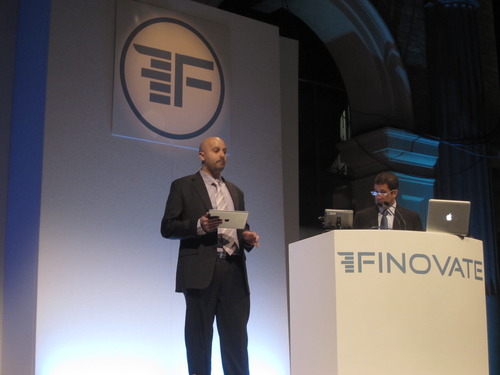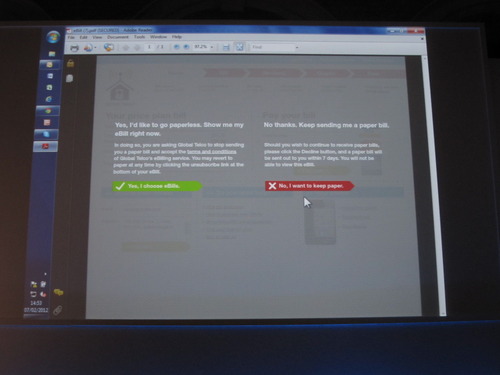Later today, Figlo demonstrated how its widget-based platform helps financial institutions engage customers:
“A complete solution to gain insight in financial matters on a consumer level. The Figlo consumer portal makes financial planning accessible for everyone on any device. The portal increases customer engagement and can be used as an onboarding tool. It is based on widgets and exposes the Figlo functionalities using a system in which content is displayed onscreen during editing (WYSIWYG editor). The drag and drop system enables a quick time to market. By integrating these widgets into social media, the fun factor of financial planning is guaranteed. Get engaged with your customer using this portal.”
Product Launched: Beginning Q2 2012































